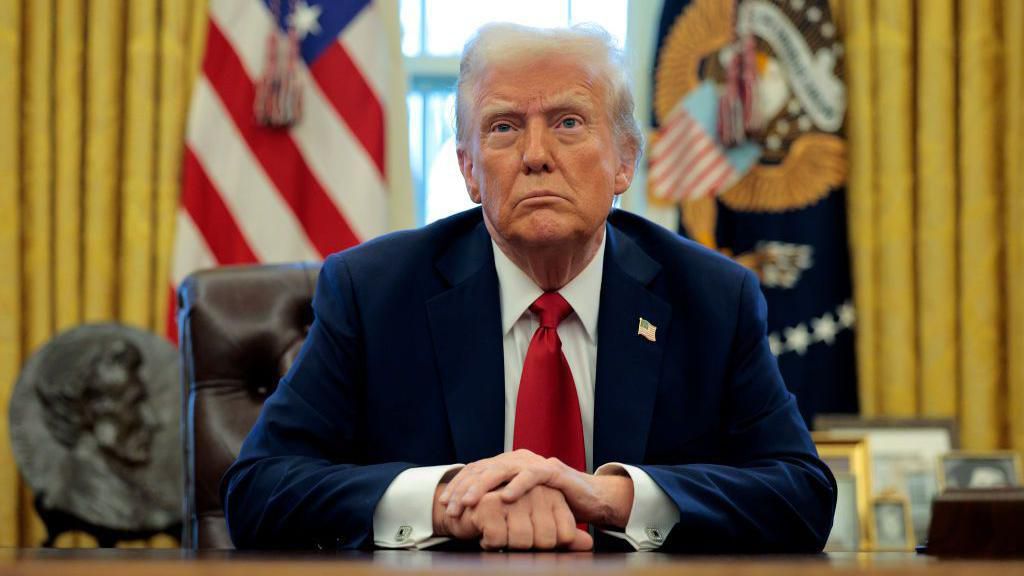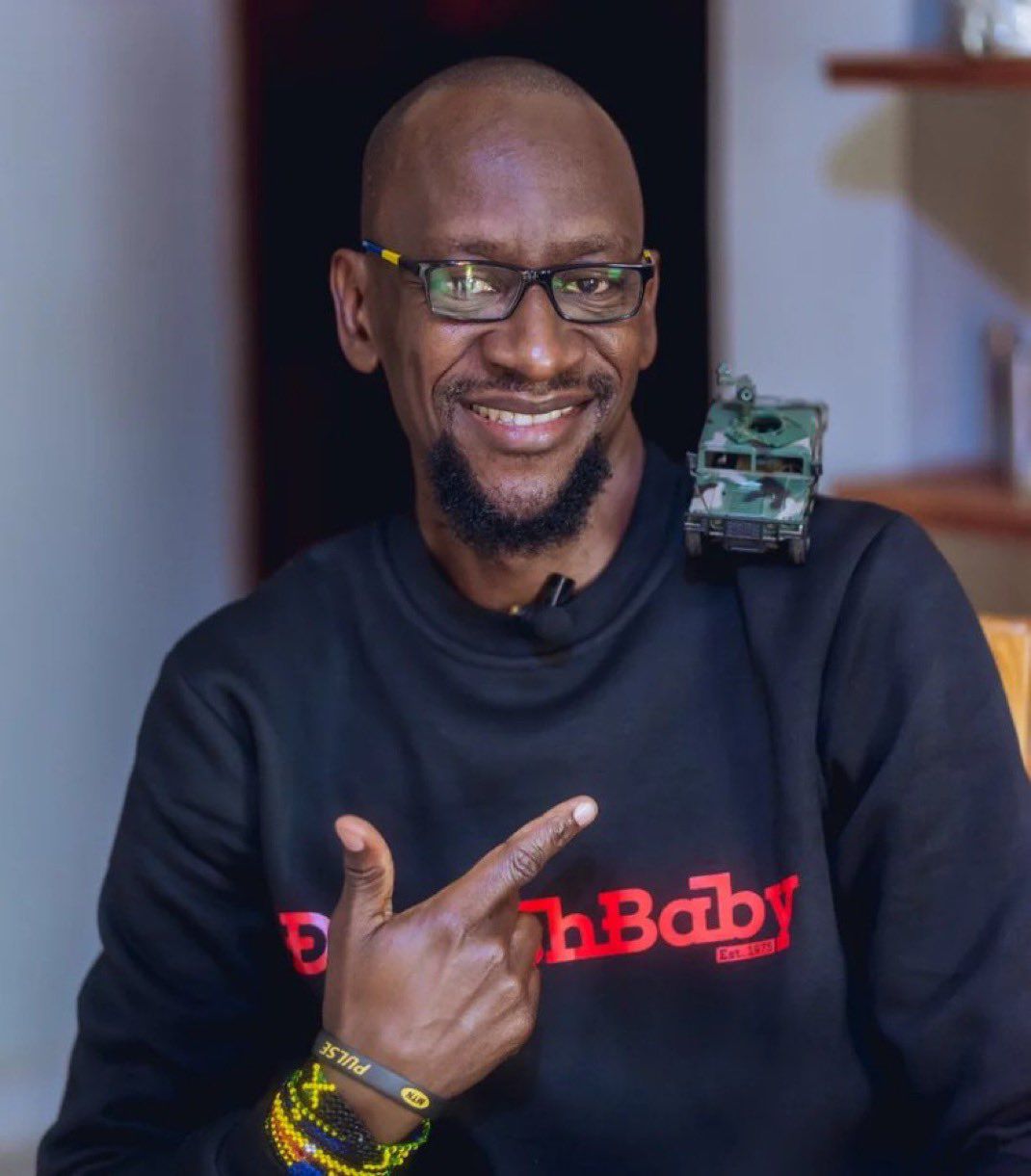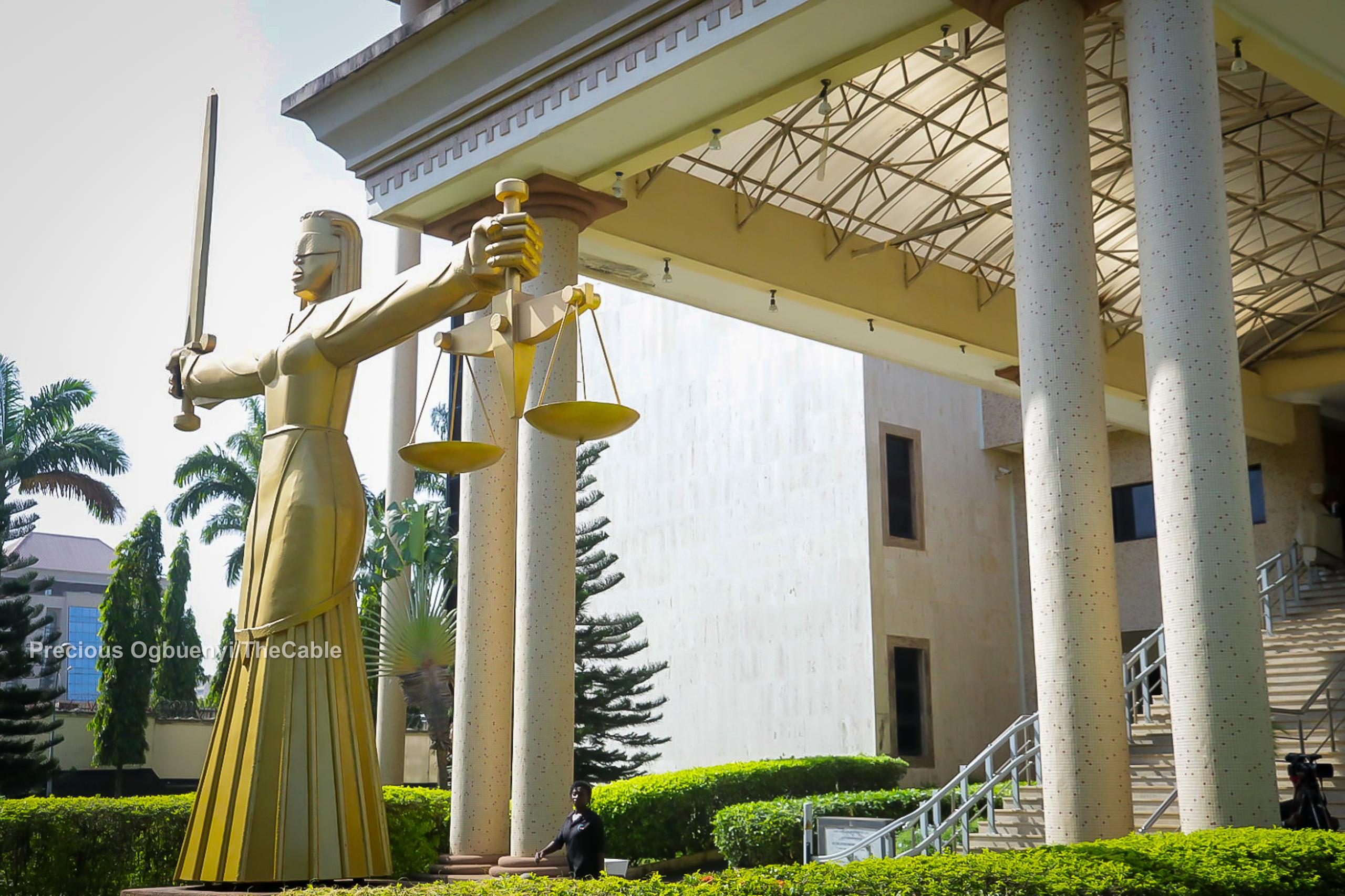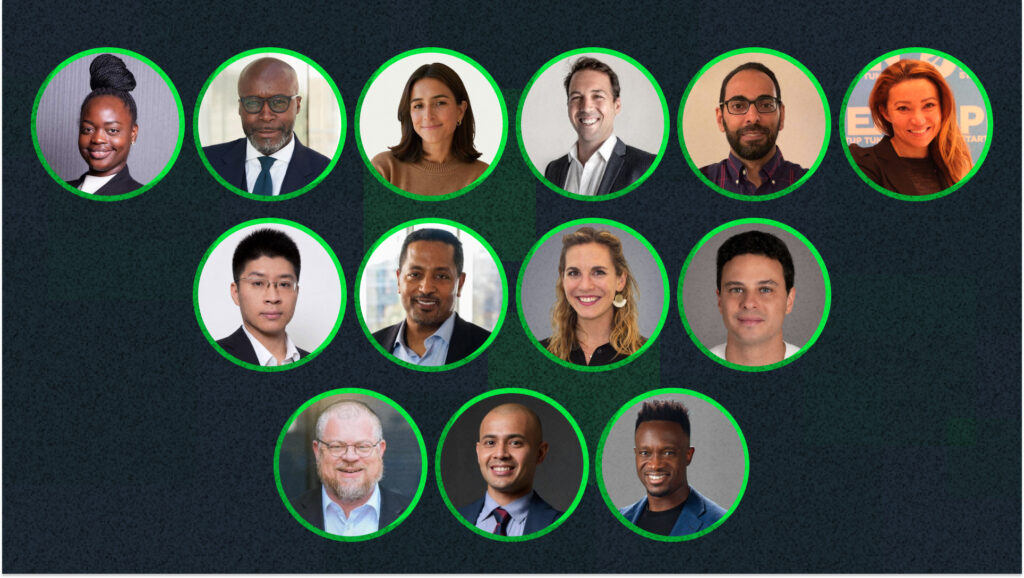Over the years, artists, filmmakers, tourism and culture enthusiasts in Nigeria have banked on their exceptional talent and unflinching resilience to thrive locally and even shine on the global stage, contributing significantly to the domestic economy with little or no government support.
Nollywood—Africa’s largest film industry, with a turnover of over 2,500 movies annually and the second largest globally behind Hollywood—alone was estimated to be worth $6.4 billion in 2021 and contributed 2.3% ($660 million) to Nigeria’s Gross Domestic Product (GDP), according to a PwC report.
The film industry is said to provide jobs for more than one million people, making it one of the largest employers of labour in the country.
Despite these remarkable feats, analysts believe the vast potential of Nigeria’s creative sector remains untapped.
In the buildup to the 2023 general elections, President Bola Ahmed Tinubu, the then presidential candidate of the All Progressives Congress (APC), admitted in his Renewed Hope Agenda manifesto that “the meteoric rise of our creative industries occurred largely without the benefit of institutional investment” and vowed to turn Nigeria into one of the world’s entertainment powerhouses.
If elected, he promised to set up a Presidential Creative Industry Advisory Team to steer government efforts in providing a more conducive environment for the creative industry to flourish.
Among others, Tinubu pledged that the team would review the existing legislative and regulatory framework and suggest areas in which governance and regulation of the creative sector can be improved to create a better business environment.
He promised to build a modern media city that will house an international-grade conference centre, office park, film studios and sound stages, a university of the arts, auditoriums and performance spaces, exhibition spaces, hotels and residences, modelled on the Dubai Media City.
The former Lagos State governor also pledged to upgrade existing entertainment venues and stadia across the country to world-class standards, construct new ones in each of the six geo-political zones through a public private partnership model; equip select universities in each of the six geo-political zones to function as centres of excellence for students of humanities, fine arts, film, and culture; establish a hospitality training programme to give young Nigerians the knowledge and skills required to create a high-quality workforce for the tourism and hospitality industry; and make Nigeria an attractive location for global animation studios looking to outsource aspects of their work, among others.
Two years into his administration, how many of these promises has the president fulfilled?
“Kudos to the president for creating the Ministry of Art, Culture, Tourism and Creative Economy. However, the government still really needs to do more because compared to other countries where tourism is a major revenue source, Nigeria has not really got to that stage,” Samson Apata, vice president, Association of Tourism Practitioners of Nigeria (ATPN), said.
How Tinubu’s govt is faring
In early May 2025, the Minister of Art, Culture, Tourism and Creative Economy, Hannatu Musawa, launched the first phase of the Creative Economy Development Fund (CEDF) targeted at supporting mature projects worth $100,000 and above in order to catalyse innovation, create jobs, and diversify Nigeria’s economy.
The fund, Musawa explained, is open to individuals, businesses, and institutions operating across the creative and cultural economy, including writers, directors, artists, fashion designers, gaming studios, cultural tourism providers, training institutions, promoters, legal consultants, media agencies, digital platforms, and logistics companies.
“I think the fund is a good idea and will definitely encourage tourism and creative industry players,” Apata remarked, urging the ministry to ensure genuine people in the industry access the funds.
Two years down the line, President Tinubu’s promise to overhaul existing infrastructure in the creative industry and establish new ones has yielded little manifestation. The National Theatre in Lagos is the only national monument the administration has renovated through a public-private partnership involving the Central Bank of Nigeria and the Bankers’ Committee.
But Director of the National Film and Video Censorship Board (NFVCB), Shaibu Husseini, told Daily Trust that some projects are in the pipeline and would spring up in the coming months.
“The president has approved, at the level of the Federal Executive Council, a creative industry infrastructure structure that will enable people to be able to set up facilities like stadia for performances, cinemas for distribution of films and so on.
“By the end of this administration, there will be a lot of infrastructure on the ground. Any moment from now, the National Theatre will be opened up. The ministry is planning the Abuja Creative City, and it is in the budget already for this year. So hopefully it starts, and by next year, we’ll be talking about commissioning.
“There are a lot of creative hubs being planned across the country. I understand that there are about six being constructed and they should be ready in a couple of months. So I’m hoping that as we get to the third year of this administration, there will be a lot on the ground for the creative sector. By next year, we should be able to have something like a work hub for creatives,” he said.
At the launch of the UK-Nigeria Creative Industries Technical Working Group in March, to deepen bilateral ties and growth in the creative sector, Mr Obi Asika, Director General of the National Council for Arts and Culture, stressed the need for strategic investments in talent and infrastructure to unlock the full potential of the industry.
“We need strategic investment and support not just in talent, but in the institutions and infrastructure that will sustain long-term growth,” he remarked.
Stakeholders demand enabling environment
While infrastructure is key in positioning Nigeria’s creative sector for economic development, practitioners observe that there is also a need for the government to provide an enabling environment for the industry to thrive.
The President of the Actors Guild of Nigeria (AGN), Emeka Rollas, said in countries where the movie industry boomed, practitioners who ply their craft well—not the government—made it happen.
“What we should be asking the government is for an enabling environment. If in the president’s agenda he has the intention of building a national theatre and others, they are monumental things for the government. We will make use of them if they build them well. But the industry is private sector-driven. So all we will keep asking the government for is an enabling environment. Make things easier for us.
“We now find government functionaries who leave what they are supposed to be doing as government. They organise film festivals, which are things practitioners should be doing,” he stated.
Apata, the ATPN vice president, agreed with Rollas on the need for the government to create an enabling environment, describing tourism as a “big-time business” that cannot thrive without the private sector.
“Government doesn’t have business in tourism,” Apata maintained, noting that “the government needs to create a platform where public-private partnership initiatives will thrive.
“I would say the current government has tried a bit, but they can do more. I want to see Nigeria becoming a must-visit destination for people,” he added.
Need for huge investments
The creative economy is Nigeria’s second-largest employer, providing jobs for 4.2 million people and isprojected to create an additional 2.7 million jobs by 2025. It is expected to grow the GDP by $100 billion by 2030.
However, some stakeholders believe that the President Tinubu administration has not done enough to attract foreign investment to the country’s creative economy to achieve those projections.
Husseini, the NFVCB director, however, said the minister of Arts, Culture, Tourism and Creative Economy had been engaging with global partners to bring investment into the country.
“To attract foreign investment, you make sure that you put structures in place. So you don’t just bring them in and there is nothing on the ground to do. That is why the president has established this infrastructural development system, which is a public-private partnership structure, with the government providing some kind of guarantee, even in terms of tax relief and tax holidays.
“For instance, at the National Film and Video Censorship Board, we have incentives for those who want to establish community cinemas. We are ready to waive the licensing fee. We are doing that because we want to encourage investment in those areas. I’m aware that presently, there are some kinds of incentives for people who want to come and set up entertainment and creative facilities,” he stated.
Husseini further noted that President Tinubu was just two years in office and needed more time to set up formidable structures to attract investment. According to him, infrastructure is being put in place as part of measures to achieve the Destination 2030 Vision to make “Nigeria the world’s culture, creativity and entertainment capital.”
“By 2030, people will come into this country to do business,” he added.
On why the Presidential Creative Industry Advisory team has not been constituted, Husseini said the president would fulfil his promises, one at a time.











